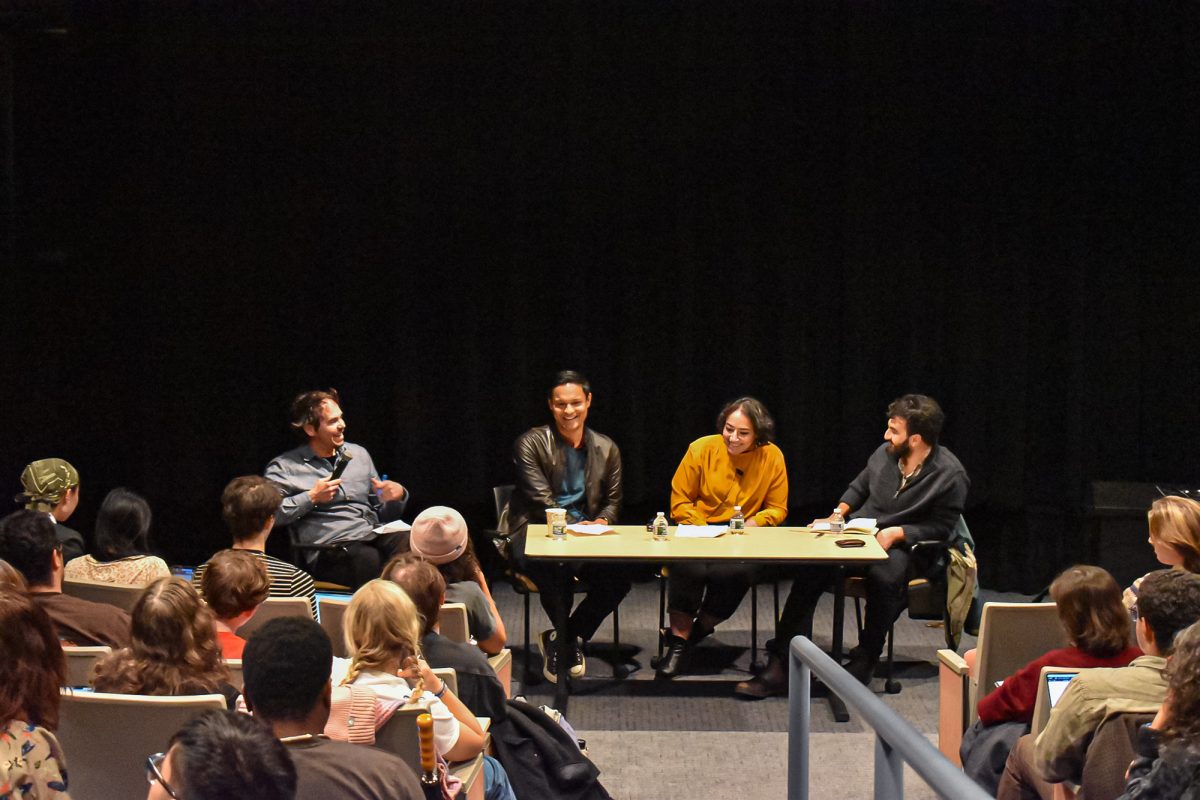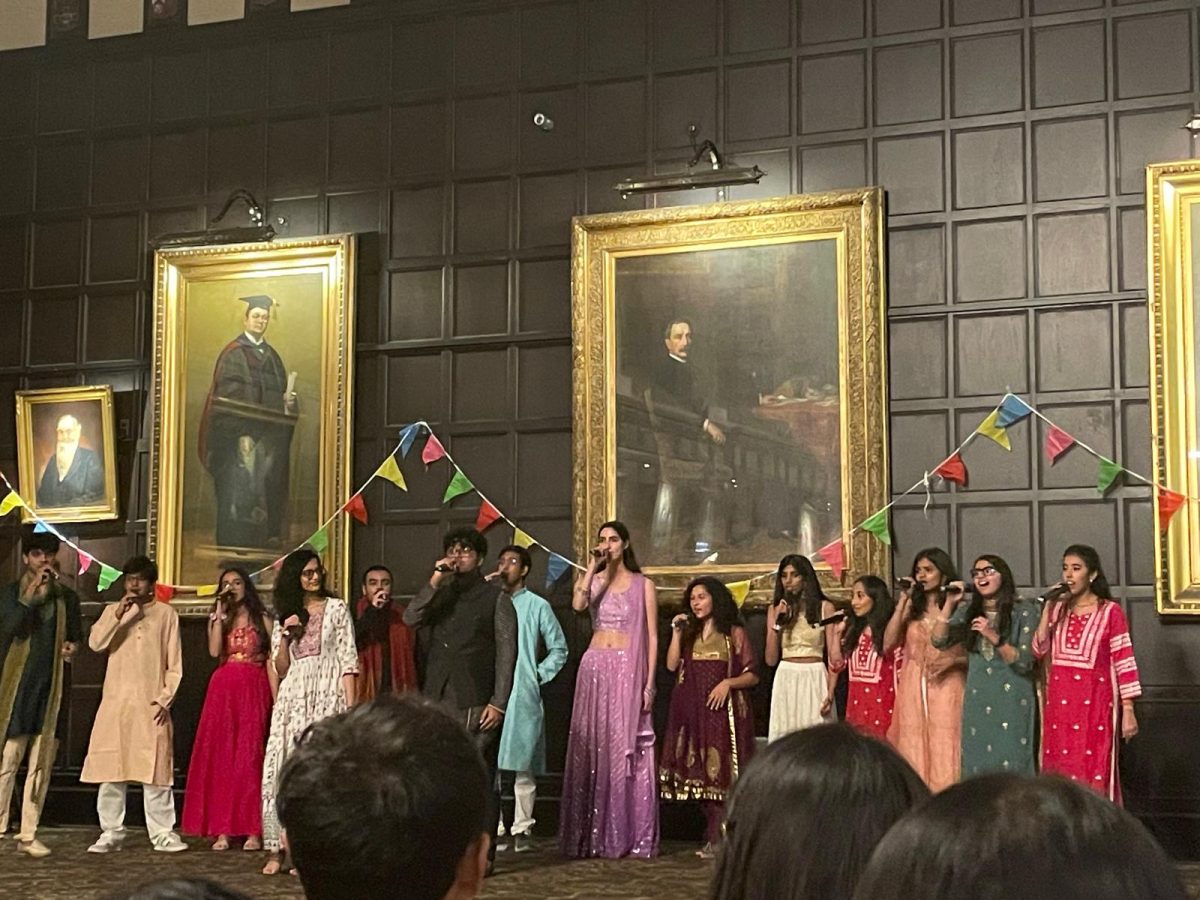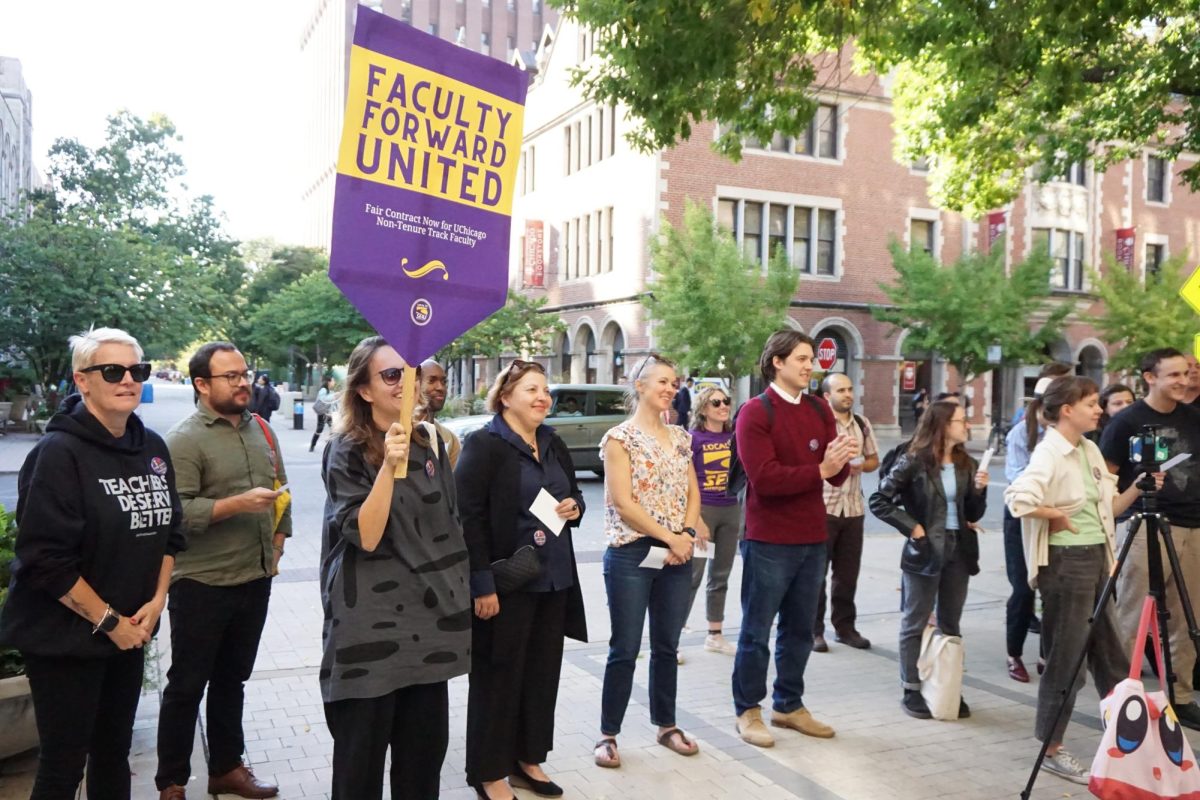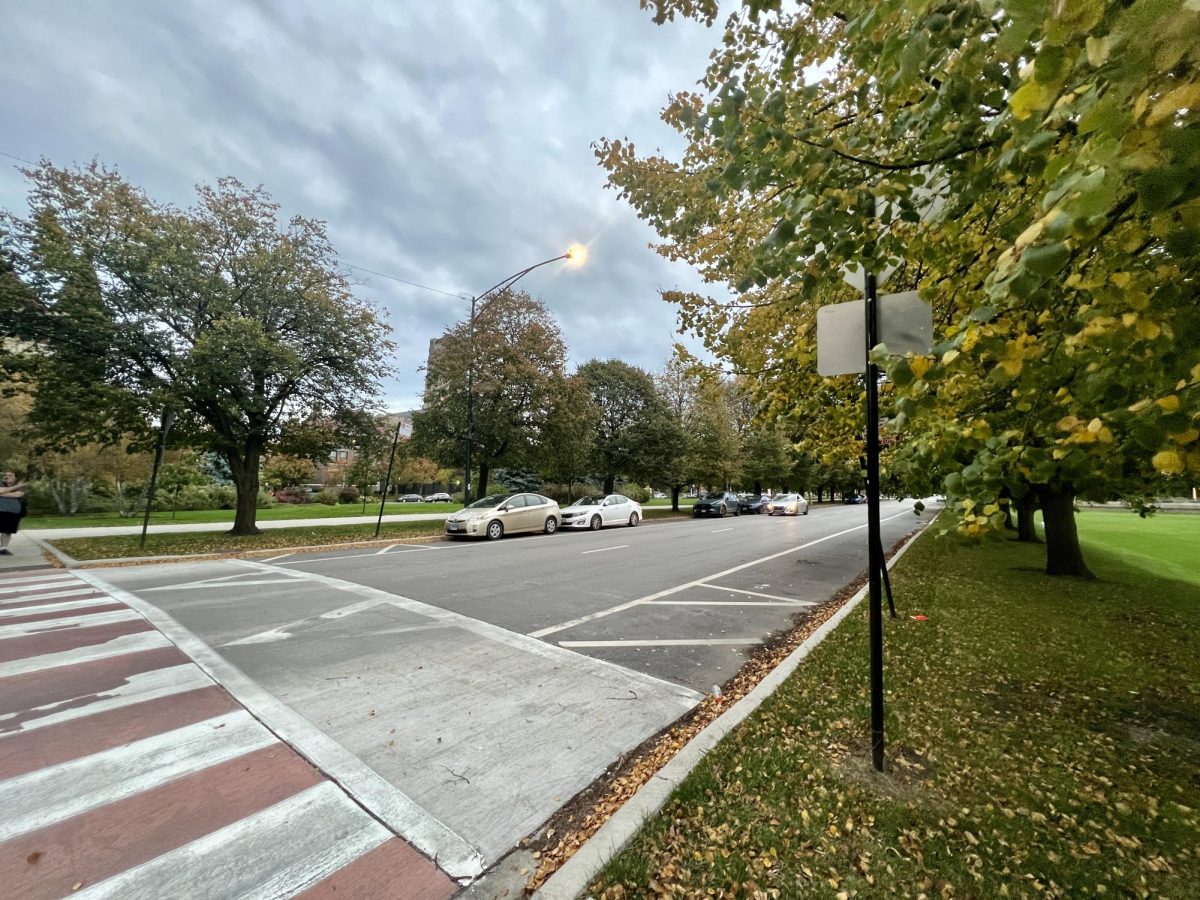Political science professors Lisa Wedeen and Tom Ginsburg warned that authoritarian regimes have begun to supplant democratic ones in this year’s Robert H. Kirschner, MD, Human Rights Memorial Lecture at the Pozen Family Center for Human Rights.
Wedeen, whose research focuses on Syrian politics, explained that most scholarship concerning the Syrian Civil War focuses on the political economy of the popular uprising and the Bashar al-Assad regime’s response, while neglecting the ideology, culture, and symbolism that define the everyday lives of Syrians.
“No one and nothing are outside of ideology,” Wedeen said. She explained that when people hold strong ideological beliefs, they often begin to disregard facts that contradict their prior beliefs.
In Syria, for instance, widespread cultural beliefs caused large sectors of the urban population to remain ambivalent despite increasing violence and suppression from the Assad regime, something that Wedeen identified as key to the regime’s survival.
In the United States, on the other hand, President Donald Trump capitalized on ideological beliefs related to race and gender to win the White House in 2016. “Trump operates through a politics of containment, displacement, and disavowal,” Wedeen said. “The administration arouses white supremacist solidarity to contain some white working-class and rural discontent, they displace ordinary anxieties onto racialized, often gendered ‘others,’ and they encourage modes of disavowal.”
Ginsburg spoke about his research on constitutional democracies, what they need to exist and thrive, and what causes them to collapse.
He began his talk by explaining that democracy requires not only fair elections, but also a rule of law and a functioning bureaucracy. “We shouldn’t take the counting of votes for granted,” he said. “We need an administrative apparatus that is somewhat insulated from political pressures.”
“Of course, the classic ways that democracies die involve a sudden, quick break: the military coup, the communist revolution,” Ginsburg said. “But that’s not at all what we’re facing, and that’s not at all how democracies die anymore. It’s much more a slow process of erosion, one step at a time.”
Ginsburg highlighted some of the ways that leaders around the world have slowly consolidated power. “[They do so] by bypassing congress through increasing use of executive power and also by packing courts,” he said. “By confusing people about what is actually fact, by undermining epistemic authority, the punitive autocrat can sow enough confusion to perhaps stick around.”
He ended the talk by laying out what it takes for a democracy to remain effective.
“Democracy is a system of contestation,” he said. “[It] is a system of government in which the stakes are not too low that there is consensus—because there is never really a consensus on anything—[but] also not too high to the point where you have a party that is going to defect on the idea of democratic alteration in power. That’s basically what democracy requires.”








